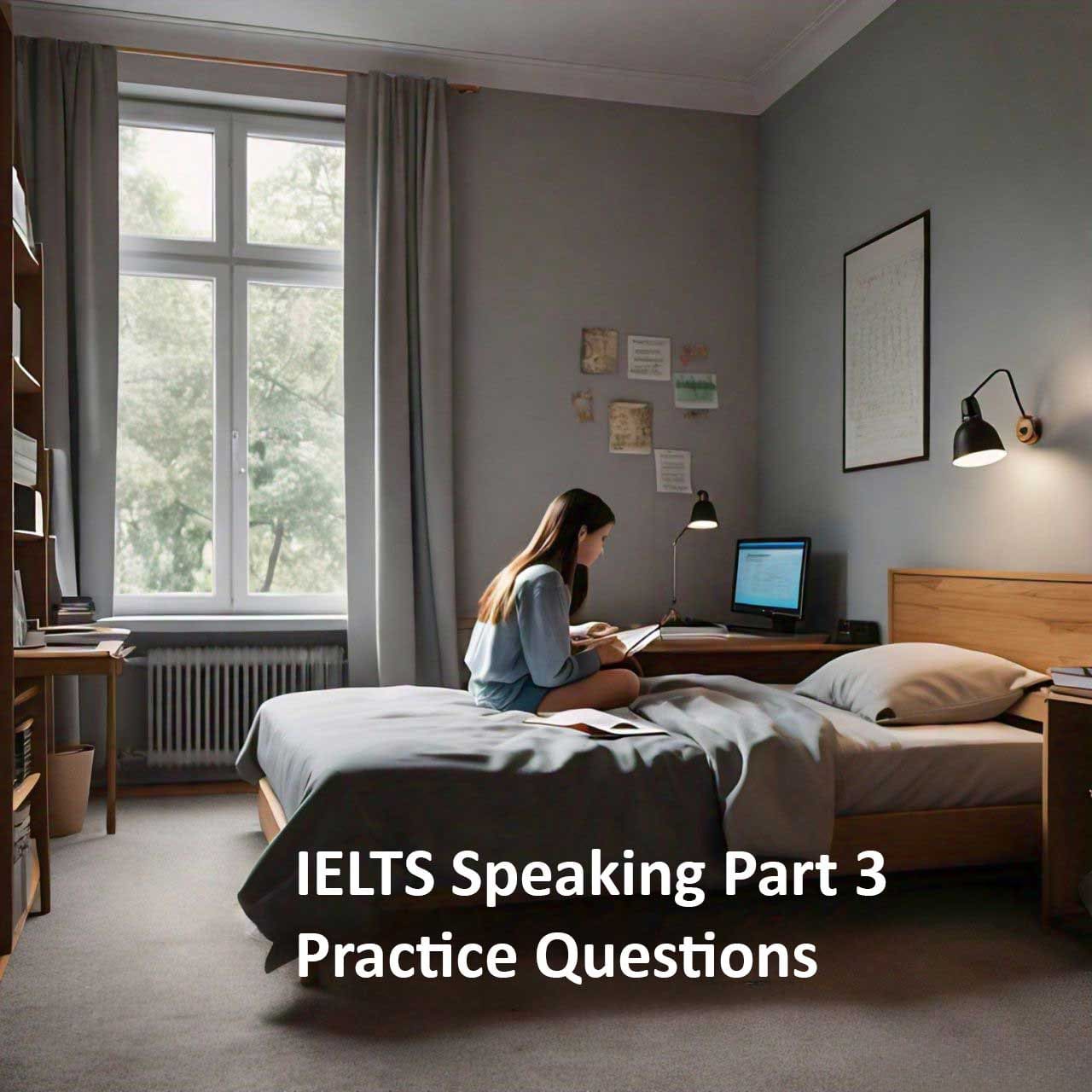In both everyday conversations and formal settings like the IELTS (International English Language Testing System) Speaking test, the ability to communicate clearly and concisely is invaluable. A clear and concise speaking style not only ensures that your message is easily understood but also showcases your proficiency and confidence in the English language. In this blog post, we’ll explore the importance of developing a clear and concise speaking style and provide practical tips to help you enhance this skill.
Why Clarity and Conciseness Matter
1. Effective Communication:
– Clarity ensures that your message is conveyed accurately and understood by your audience. Conciseness, on the other hand, keeps your speech focused and prevents unnecessary repetition or verbosity.
2. Engagement and Attention:
– Clear and concise speakers are more likely to capture and maintain their audience’s attention. By delivering information succinctly and without ambiguity, you can keep listeners engaged and interested in what you have to say.
3. Professionalism and Confidence:
– A clear and concise speaking style conveys professionalism and confidence. It demonstrates your mastery of the language and your ability to articulate thoughts and ideas effectively.
Tips for Developing Clarity and Conciseness
1. Organize Your Thoughts:
– Before speaking, take a moment to organize your thoughts and structure your response. Outline key points or ideas you want to convey, and arrange them in a logical sequence.
2. Use Simple Language:
– Opt for straightforward language that is easy to understand. Avoid using overly complex vocabulary or convoluted sentences that may confuse your audience.
3. Focus on Key Points:
– Identify the main points you want to convey and prioritize them in your speech. Avoid getting sidetracked by irrelevant details or tangential topics.
4. Be Direct and to the Point:
– Get to the heart of your message quickly and avoid unnecessary preamble. Start with a clear introduction, state your main points concisely, and conclude with a brief summary or conclusion.
5. Practice Active Listening:
– Pay close attention to how others speak, especially those who communicate effectively. Observe their use of language, sentence structure, and delivery, and incorporate these techniques into your own speaking style.
6. Seek Feedback:
– Ask for feedback from friends, family, or language partners on your speaking style. Are you speaking clearly and concisely, or are there areas where you can improve? Use this feedback to refine your approach.
7. Record and Review:
– Record yourself speaking and listen back to identify areas where you can improve. Pay attention to clarity of pronunciation, pacing, and the structure of your speech.
8. Practice Regularly:
– Like any skill, developing a clear and concise speaking style requires practice. Engage in regular speaking activities, such as conversation practice, public speaking, or mock interviews, to hone your skills over time.
Conclusion
Mastering clarity and conciseness in your speaking style is essential for effective communication in both everyday conversations and formal settings like the IELTS Speaking test. By organizing your thoughts, using simple language, focusing on key points, being direct and to the point, practicing active listening, seeking feedback, recording and reviewing your speech, and engaging in regular practice, you can develop a speaking style that is clear, concise, and impactful. Remember, clarity and conciseness not only enhance your communication skills but also demonstrate your proficiency and confidence in the English language. So, strive to cultivate these qualities in your speaking, and watch as your ability to convey information with clarity and precision flourishes.



